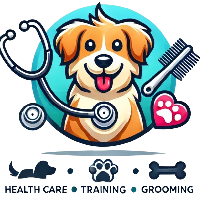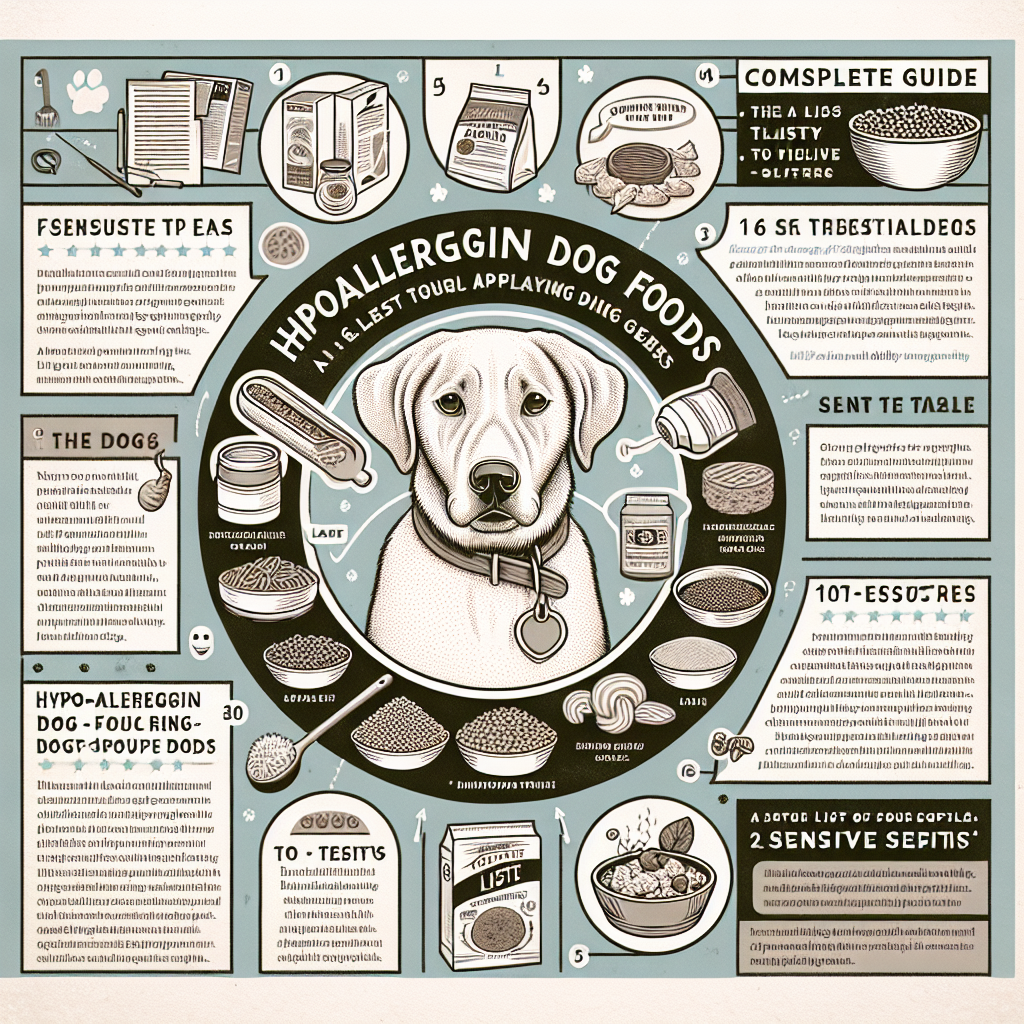
Maintaining the health of your dog’s heart is paramount to ensuring they live a full, happy, and active life. Like humans, dogs are prone to various heart conditions that can significantly affect their quality of life and longevity. Whether you are a seasoned dog owner or welcoming your first four-legged friend into your home, understanding how to care for your dog’s heart is crucial.
In this comprehensive guide, we delve into the top 10 essential tips for maintaining optimal heart health in dogs. This informative and engaging article will empower you with the knowledge to keep your furry friend’s ticker in top shape.
1. Regular Veterinary Check-Ups
The Importance of Routine Exams
Regular veterinary check-ups are the cornerstone of any proactive healthcare regime. Veterinarians can detect early signs of heart disease or other health issues that may not be immediately apparent. During the check-up, your vet will listen to your dog’s heart and lungs, check for murmurs, and assess overall health.
Frequency of Visits
For most dogs, an annual exam is sufficient, but for older dogs or breeds predisposed to heart conditions, more frequent visits may be necessary. Discuss with your vet to develop a tailored check-up schedule that best suits your dog’s needs.
2. Balanced Diet
Nutritional Needs
A balanced diet is vital to maintaining your dog’s heart health. Dogs require a diet rich in proteins, fats, vitamins, and minerals to support their overall well-being, including their cardiovascular system.
Specialized Heart-Healthy Diets
For dogs with existing heart conditions or breeds susceptible to heart disease, heart-healthy diets formulated by veterinary nutritionists can be beneficial. These diets typically include higher levels of omega-3 fatty acids, antioxidants, and reduced sodium to support heart health.
3. Weight Management
The Risks of Obesity
Obesity in dogs can lead to numerous health problems, including heart disease. Excess weight places additional strain on the heart and can exacerbate existing conditions. Maintaining an ideal weight is crucial.
Techniques for Weight Management
Measure your dog’s food to avoid overfeeding and provide regular exercise. If your dog is overweight, consult your vet for weight management plans, which may include dietary adjustments and increased physical activity.
4. Regular Exercise
Tailored Fitness Regimes
Exercise is vital for cardiovascular health. Regular physical activity helps maintain a healthy weight, strengthens the heart muscle, and enhances overall fitness. The type and amount of exercise your dog needs will depend on their age, breed, and health status.
Types of Exercises
Incorporate a variety of exercises such as walking, running, swimming, and playing fetch. For breeds prone to heart disease, avoid overexertion and consult your vet for suitable exercise routines.
5. Heartworm Prevention
Understanding Heartworm Disease
Heartworm disease is a serious condition caused by parasitic worms living in the heart and blood vessels. It is potentially life-threatening and can severely damage the heart and lungs.
Preventative Measures
Administer monthly heartworm preventatives prescribed by your veterinarian. Regular testing is also essential to ensure your dog remains heartworm-free.
6. Stress Reduction
Impact of Stress on Heart Health
Stress and anxiety can negatively affect your dog’s heart health, leading to increased heart rates and elevated blood pressure. Chronic stress can exacerbate heart conditions and overall health.
Techniques to Reduce Stress
Create a calm environment, provide ample opportunities for play and affection, and establish a consistent routine. Consider using calming aids such as pheromone diffusers or calming supplements if prescribed by your vet.
7. Avoiding Secondhand Smoke
Dangers of Tobacco Smoke
Exposure to secondhand smoke can harm your dog’s cardiovascular system, leading to an increased risk of heart disease. The chemicals in tobacco smoke can cause inflammation and damage to the heart and blood vessels.
Creating a Smoke-Free Environment
Ensure your home and your dog’s environment are smoke-free. If you smoke, do so outside and away from your pet.
8. Genetic Screening
Importance of Genetic Awareness
Some breeds are predisposed to specific heart conditions such as dilated cardiomyopathy or mitral valve disease. Understanding your dog’s genetic risks can help in early detection and management.
Screening and Testing
Genetic screening and regular heart assessments, especially for high-risk breeds, can identify potential problems early. Breeding dogs should undergo thorough heart evaluations to prevent passing on inherited conditions.
9. Medication and Supplements
Medications
For dogs diagnosed with heart conditions, medication can play a vital role in managing their health. Common medications include diuretics, ACE inhibitors, and beta-blockers, which help manage symptoms and improve heart function.
Supplements
Supplements such as omega-3 fatty acids, taurine, and L-carnitine can support heart health. Always consult your veterinarian before starting any new medication or supplement regimen.
10. Monitoring and Early Detection
Regular Home Monitoring
Be vigilant for signs of heart disease, such as coughing, difficulty breathing, fatigue, and fainting. Monitor your dog’s weight, appetite, and activity levels.
Utilizing Technology
Technological tools such as pet fitness trackers and heart rate monitors can provide valuable data on your dog’s health. These devices can alert you to changes in your dog’s patterns that may indicate heart issues.
Conclusion
Maintaining optimal heart health in dogs requires a multifaceted approach that includes regular veterinary care, a balanced diet, weight management, exercise, and preventive measures such as heartworm prophylaxis and minimizing stress.
By following these essential tips, you can significantly contribute to your dog’s heart health, ensuring they enjoy a long, healthy, and happy life. Always remember to consult with your veterinarian to tailor a plan that suits your dog’s individual needs. Your diligence and proactive care can make a world of difference in their heart health and overall well-being.
#ChatGPT assisted in the creation of this article.





